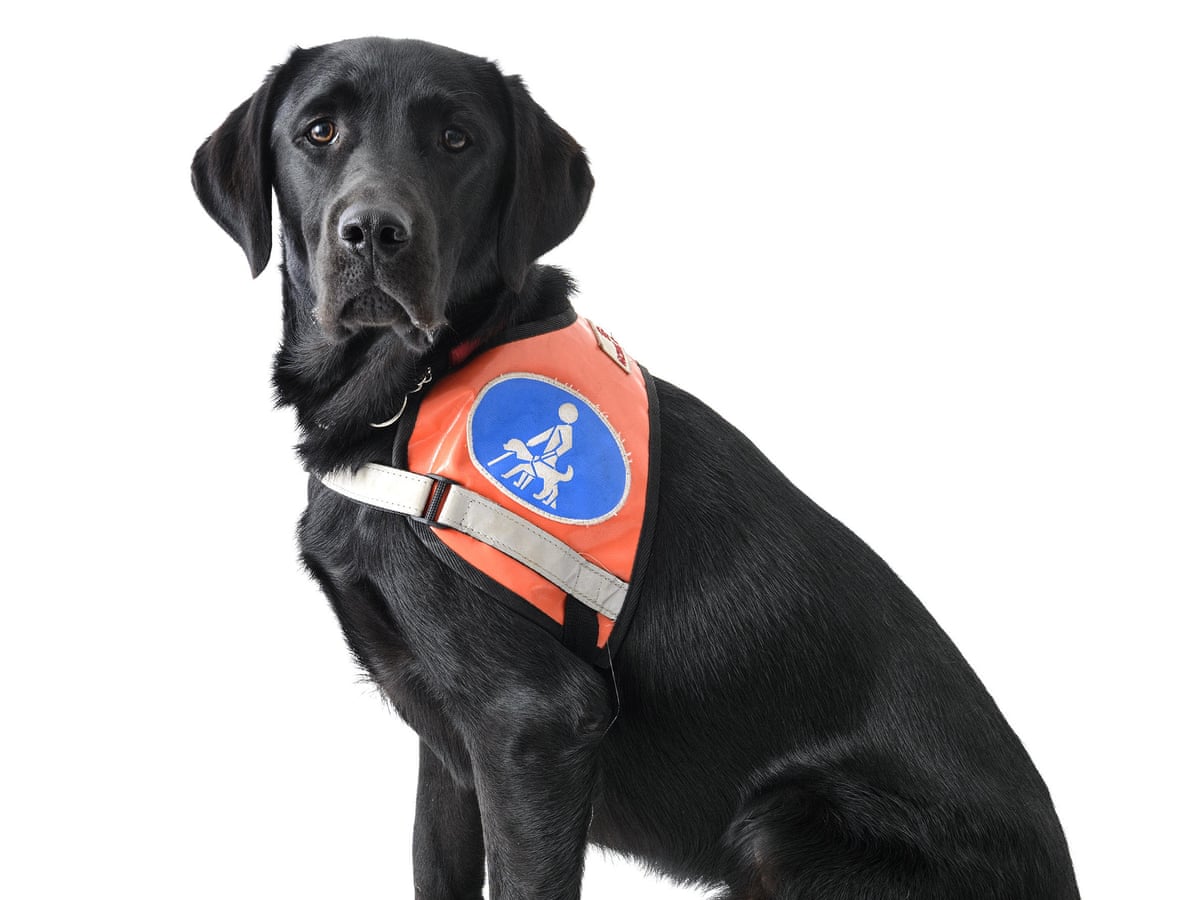Unlocking Eligibility: What Qualifies You For An Emotional Support Animal
3 Things Therapists Need To Provide Before Providing An Esa Letter
Keywords searched by users: What makes you eligible for an emotional support animal what disabilities qualify for an emotional support animal, emotional support animal questionnaire pdf, esa requirements for housing, how to get an emotional support animal for anxiety, emotional support animal assessment questions, emotional support animal age requirements, Emotional support animal, emotional support animal letter
What Is Another Name For An Emotional Support Animal?
What is another name for an emotional support animal? An emotional support animal, often known as a comfort animal, is a cherished pet that plays a crucial role in offering therapeutic support to individuals grappling with mental health challenges. In order to receive the designation of an emotional support animal, it is imperative that a licensed mental health professional prescribes the pet for an individual with a mental illness. This prescription is a vital step in recognizing the pet’s significance in assisting with the emotional well-being of its owner.
What Are The Emotional Traits Of A Dog?
Research conducted with a substantial number of dogs consistently identifies a set of emotional traits that collectively shape a dog’s personality. These traits encompass Playfulness, which relates to their enjoyment of games and activities; Chase-proneness, reflecting their inclination to pursue moving objects; Curiosity/Fearlessness, signifying their level of exploratory behavior and bravery; Sociability, which indicates their affinity for social interactions; and Aggressiveness, outlining their propensity for aggressive behaviors when threatened. Additionally, these individual traits contribute to a broader dimension known as the shyness-boldness continuum, which captures a dog’s overall disposition towards novelty and social situations. By exploring these emotional traits, we gain a more comprehensive understanding of a dog’s temperament and behavior.
Discover 19 What makes you eligible for an emotional support animal





Categories: Summary 94 What Makes You Eligible For An Emotional Support Animal
See more here: chinhphucnang.com

For a person to legally have an emotional support animal (ESA), the owner must be considered to have a qualifying mental health or psychiatric disability by a licensed mental health professional (e.g., therapist, psychologist, psychiatrist, etc.), which is documented by a properly formatted prescription letter.An emotional support animal, sometimes also referred to as a comfort animal, is a pet that provides therapeutic support to a person with a mental illness. To be designated as an emotional support animal, the pet must be prescribed by a licensed mental health professional for a person with a mental illness.Studies using the same test with many dogs have revealed five specific personality traits, labelled Playfulness, Chase-proneness, Curiosity/Fearlessness, Sociability and Aggressiveness, and one higher-order, broader dimension, interpreted as a shyness–boldness continuum.
Learn more about the topic What makes you eligible for an emotional support animal.
- Emotional Support Animals: The Basics – UMass Medical School
- Glossary – Pet Partners
- Consistency of personality traits in dogs – ScienceDirect.com
- What Is Emotional Invalidation? – Psych Central
- How to show emotional support: Tips and examples – Medical News Today
- 13 Best Emotional Support Dog Breeds For Anxiety And Depression –
See more: https://chinhphucnang.com/dealbook
